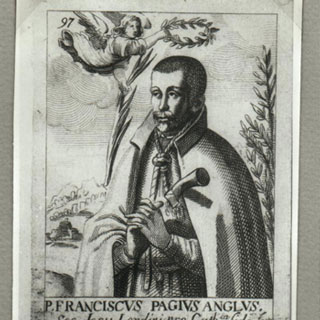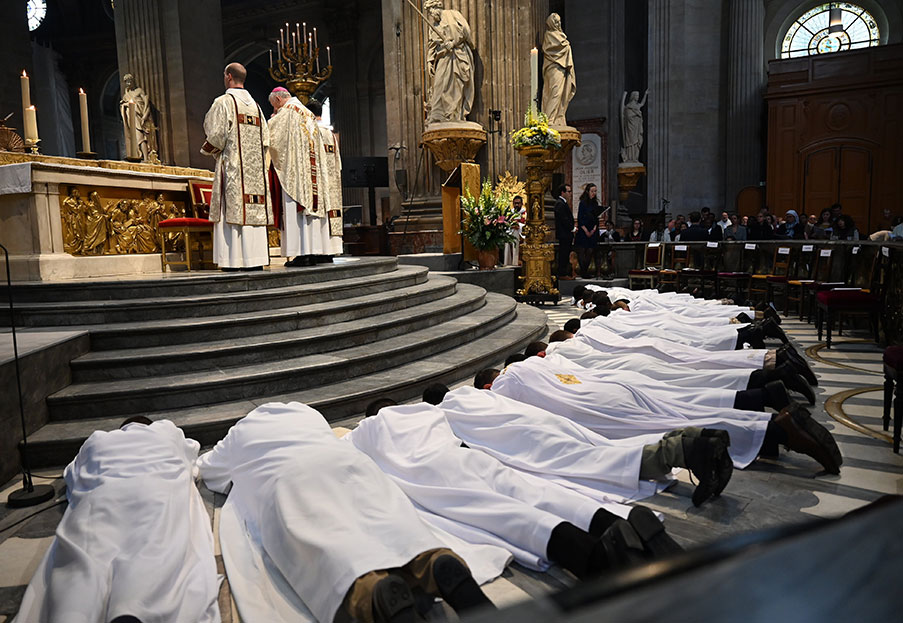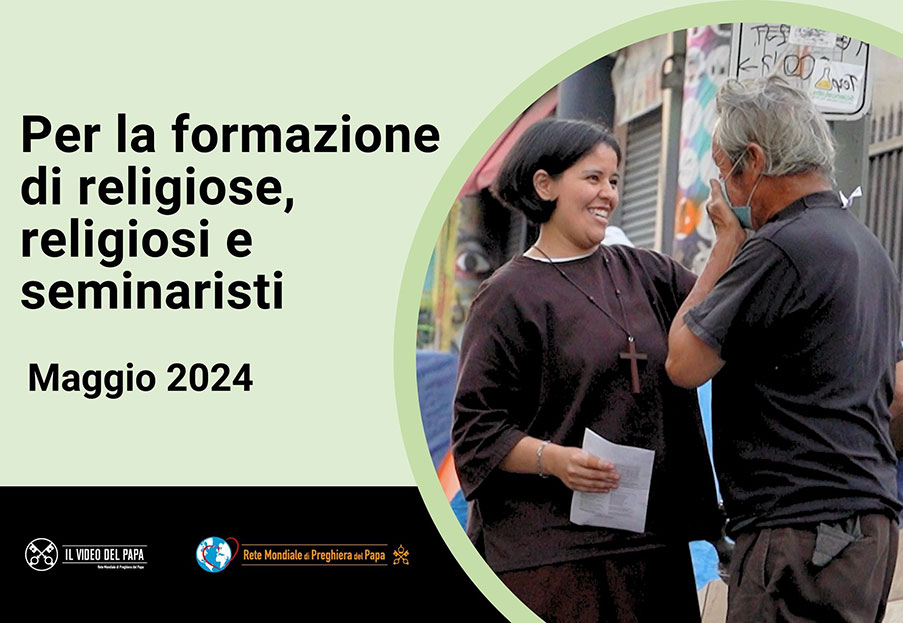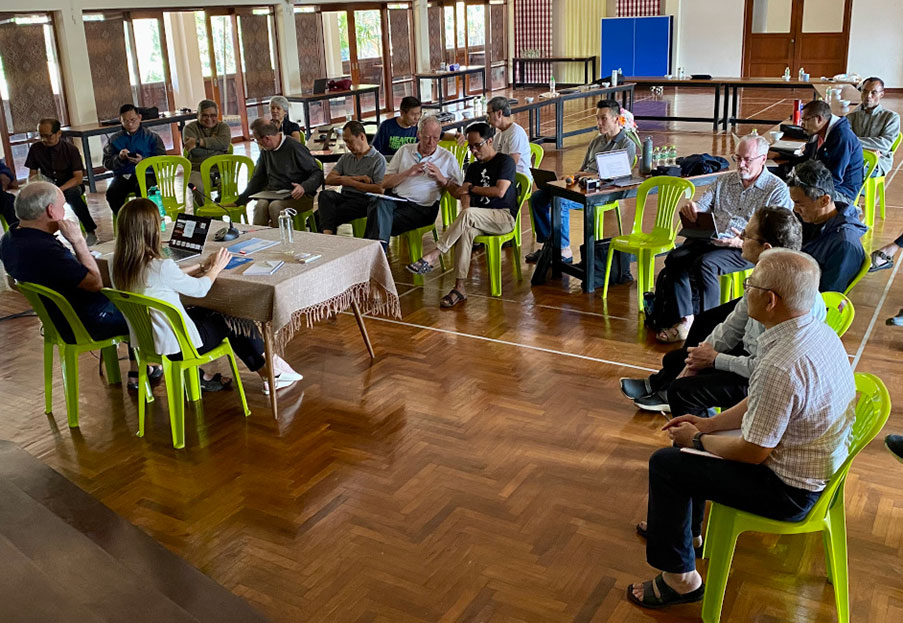
Francis Page
Blessed
- Death: 04/20/1602
- Nationality (place of birth): Belgium
Francis Page (Date of birth uncertain, 1602) became a Catholic in order to win the hand of the woman he wanted to marry, but discovered a call to become a priest as he learned more about the Catholic religion. He was arrested before he could enter the novitiate, but he took Jesuit vows shortly before his execution.
Born in Antwerp of well-to-do English parents, Page returned to England to study law. He fell in love with the daughter of the Catholic lawyer for whom he served as a clerk, but she refused to marry him were he not Catholic. The more he studied religion, the more he felt drawn to the priesthood, much to the young woman's chagrin. The young student went to a Jesuit, Father John Gerard, for religious instruction. When Gerard was arrested and incarcerated in the Tower of London, Francis Page stood outside the prison day after day. His suspicious actions led to a brief arrest, but he decided to follow the call and crossed the Channel to Rheims, France, where he entered the English College.
When he returned to London after being ordained in 1600, he was able to do ministry for over a year. He narrowly escaped arrest one time just as he was about to begin celebrating Mass. He barely had time to remove his vestments and then sit in the congregation as though waiting for the priest to appear. The woman who was hosting the Mass in her home, Anne Line, helped him escape but she herself was arrested and later executed for harboring a priest. She was canonized in 1970.
Fourteen months later Page was not so fortunate when he was recognized by a woman who made it her business to turn priests in so she could collect the reward. He took refuge in an inn but she raised such an outcry that the innkeeper kept Page until authorities arrived to seize him. Page's trial on April 19, 1602 led to a predictable condemnation to die for high treason. He had applied to become a Jesuit but was not able to go back to the Continent to enter the novitiate. The night before he was killed he was allowed to join a Jesuit imprisoned in the adjoining cell; the young priest took vows as a Jesuit, a fact he proudly proclaimed the next day as he stood at the gallows, just before he was hung and then dismembered.
Originally Collected and edited by: Tom Rochford, SJ


